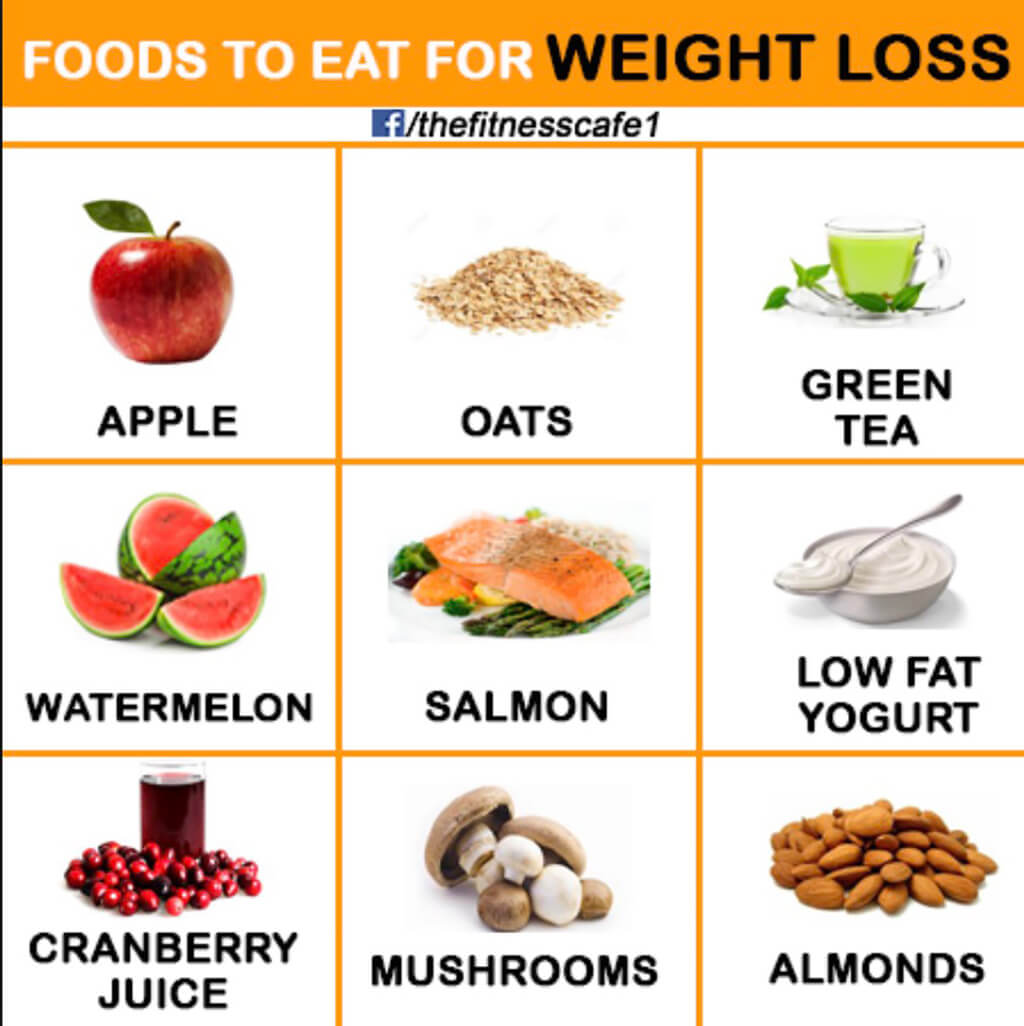

Having the above calculation allows us to use the two-compartment macronutrient flux balance equation presented in Chow & Hall which stems from the law of energy conservation and allows us to adjust for the different energy density of fat and non-fat tissues. This happens as, unlike the original, it depends on the sign and magnitude of the body weight change. The advantages of this formula over the original Forbes formula for the proportion of fat mass lost under limited caloric intake is that the refined version of Hall is valid for macroscopic changes and has better predictive capacity for real-life weight loss, including very fast weight loss e.g. In the formula below FFM stands for Fat-Free Mass, BW for Body Weight, FM i for Initial Fat Mass, Δ for change between initial and final condition and W for the Lambert W function: We have chosen to compute this based on the Forbes formula improved on by Hall. It is known that persons with a larger percentage of body fat usually lose a larger proportion of fat versus fat-free mass, which requires a larger energy deficit to achieve.
WEIGHT LOSS TIME CALC FREE
First, we compute the proportion of fat mass (FM) and fat free mass (FFM) which you are expected to lose since variability in this proportion can result in large differences in required caloric intake restriction.

The computation of the proportion of energy intake which needs to be cut down is performed in several steps. You can find the formulas and references for them under each tool. Total Energy Expenditure) and Body Fat Percentage is done using the formulas described in our respective dedicated calculators. Calculation of Total Daily Energy Expenditure (a.k.a. This tool computes the difference between your caloric intake and energy expenditure in order to estimate the number of calories you need to consume daily if you want to achieve your body weight target. * 1 Calorie = 1,000 kilocalories, "calories" may be used instead of "Calories" throught the text The science behind the weight loss calculator You can see more details on the mathematics and statistics behind this calorie calculator for weight loss as well as the daily energy expenditure and body fat estimates used in it in the "How it works" section. It allows you to also specify if you intend to change your level of physical activity and adjusts the estimate accordingly. In our weight loss calculator above we have incorporated a dynamic model which estimates how many calories you would need to reduce your daily intake by in order to achieve a given weight loss goal. You can read more on this in our "how many calories to lose weight" section below. Losing 5 pounds is also different than losing 50 pounds. Weight loss works differently for persons of average weight, for the obese and for the extremely obese. This weight loss rule is ubiquitously known as the "3500 kCal per pound rule" which is, unfortunately, very imprecise as it was "derived by estimation of the energy content of weight lost but it ignores dynamic physiological adaptations to altered body weight that lead to changes of both the resting metabolic rate as well as the energy cost of physical activity". According to the conservation of energy law in order to reduce your body weight, which is effectively stored energy, you need to induce a caloric deficit by either increasing your energy expenditure or by decreasing the number of calories you consume daily.Ī lot of advice commonly given out states that to lose 1 pound (~0.45 kg) per week you need to reduce your caloric intake by 3,500 kCal per week*. since reducing food intake and/or increasing our physical activity level are the two ways to reduce body weight according to the energy balance principle. While this is a good question to ask, you should also be open to the opportunity of supplementing a caloric intake reduction with an increase in physical activity like fitness exercises, running, etc. This is a question many people attempt to answer when they set off to shed some of the extra weight to improve their current and future health outcomes, well-being and potentially self-esteem and happiness. How many calories should I eat to lose weight? How many calories to lose weight? It varies!.The science behind the weight loss calculator.How many calories should I eat to lose weight?.


 0 kommentar(er)
0 kommentar(er)
